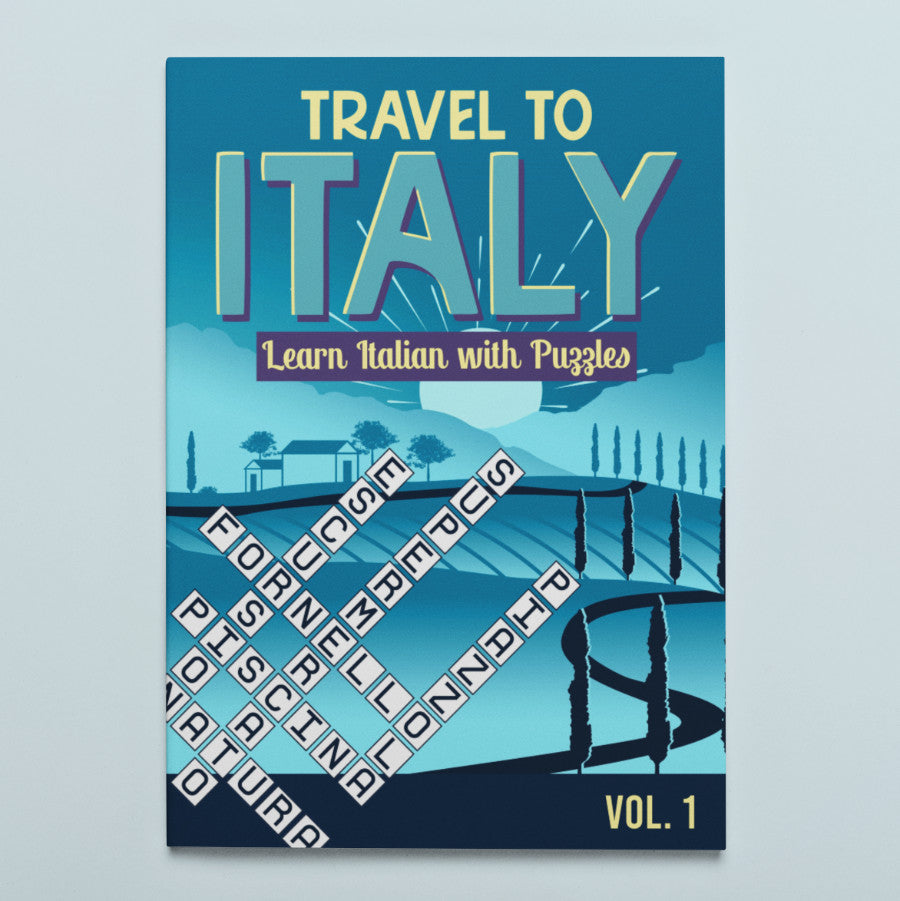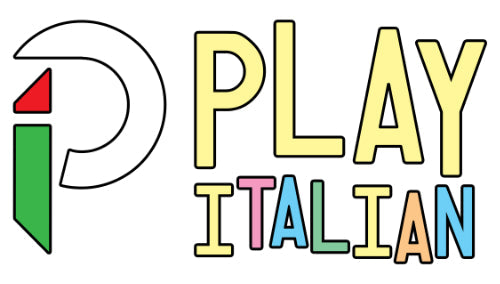My husband is reading a good classical novel at the moment: Middlemarch by George Eliot (in reality the author's real name was Mary Anne Evans).
This paperback is actually quite a chunky volume of 838 pages.
At dinnertime we often talk about what we’re reading and hubby told me how he admires the complexity of the English language and how the author uses words that he’s not come across before.
So he told me that he has started keeping a note of these words. He looks up their meaning in a dictionary and then writes it down next to the previously unknown word.
As curious as I am, I asked him about these "unusual" English words he’s found in the book, and to my amazement, lots of them sounded like Italian words.
So we started this fun competition where hubby asks me: do you know the meaning of the word xxx? And most often than not we have a similar Italian word and I can guess the meaning.
I can’t believe I get to show off about knowing more English words than my English-native-speaker husband. But maybe I’m cheating a bit there…
Why am I telling you all this? Well, I just wanted to share with you some of these words. They are English words that are not used very often nowadays, but originate from Latin and are very similar in Italian.
So, if one day you want to show off too and use these words (in Italian) – here is a selection, straight from Middlemarch:
Ardour - Ardore
Calumny – Calunnia
Colloquy - Colloquio
Cupidity – Cupidigia
Equivocal – Equivoco
Expiation – Espiazione
Filial - Filiale
Imperturbable – Imperturbabile
Impetuous - Impetuoso
Jocose – Giocoso
Mendicant - Mendicante
Penitent – Penitente
Periphrasis - Perifrasi
Protuberant - Protuberante
Rectitude – Rettitudine
Tacit – Tacito
Usury- Usura
Vicissitudes - Vicissitudini
But there’s also another reason I’m telling you this.
When I first started to learn English (as an Italian), I used to keep a notebook. You know that type of address book that has the letters of the alphabet on the right hand side? We call this rubrica in Italian.
I had bought myself a large rubrica and I used to write down any new English word I would come across. I would look it up in the dictionary and write down the meaning in Italian. Just the fact that I wrote it down, helped me to remember it more easily later. And sometimes, I would just pick up my rubrica and flick through the pages to check what words I had learned that given week or month. Over time, my notebook became super packed with new words, and I rarely forgot them later.
And this is from someone who has always had a terrible memory. I want to stress this because I never, ever, had a good memory. In elementary school in Italy, we were asked to learn poems by heart and I used to find is sooooo painful, because I just couldn’t remember them.
So, going back to writing down new words: I believe that this could become a fun activity that perhaps you might try too. I have decided to create a calendar for you with the days of the month for 2023.
I have designed a page for each month of this year. You could (if you want to – no obligation) print a page at the beginning of each month and hang it somewhere you spend a lot of time in. Maybe your favourite room, the kitchen, on the fridge door, next to your family calendar, wherever really.
And once a day you could just write a new Italian word for that day – with its meaning in English.
By the end of each month you will have learnt about thirty (yes, 30!) new words. Imagine how good this would be for your Italian vocabulary.
If you place this calendar-page in a room where you spend a lot of time, that might help you to memorise the words, because you’ll see them often.
I'm sure that by now you're super-keen to try this.

You can find the calendar here.


